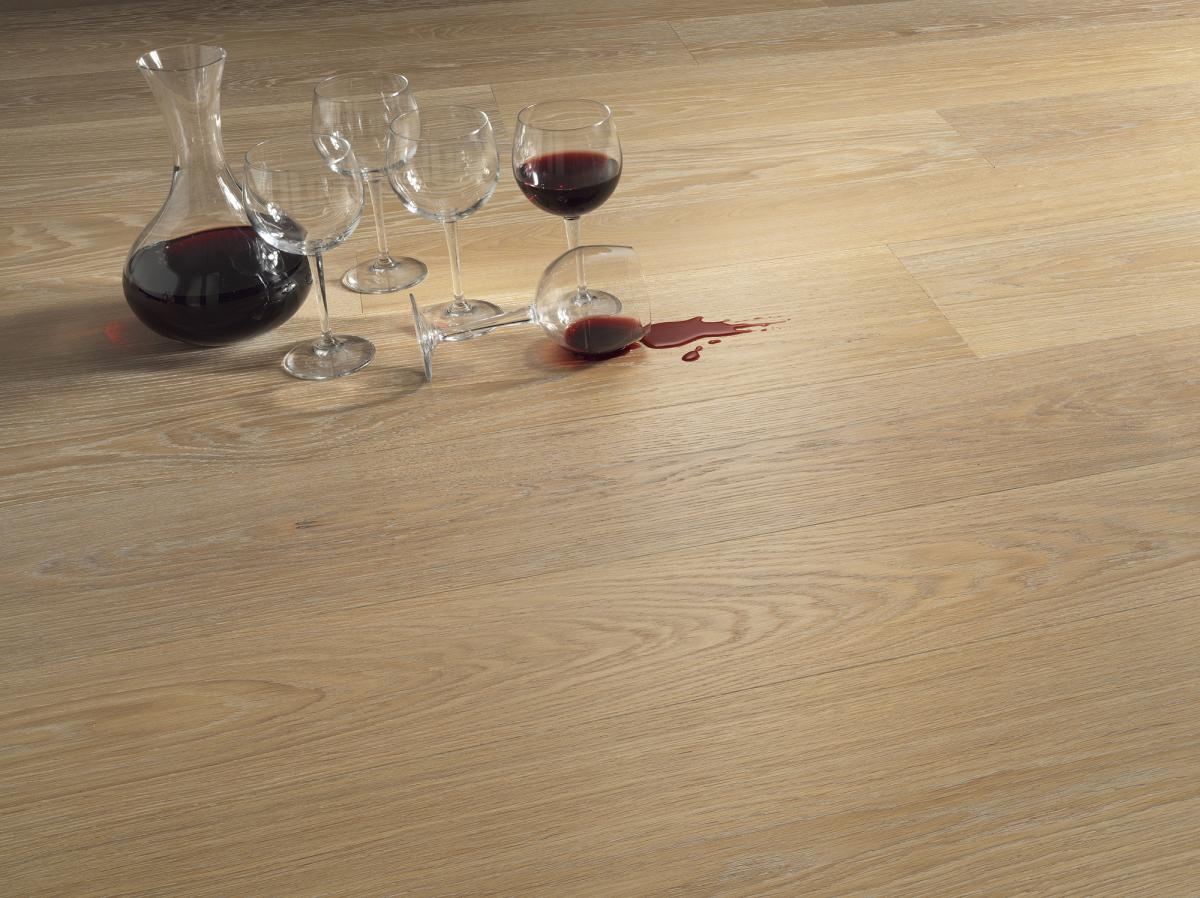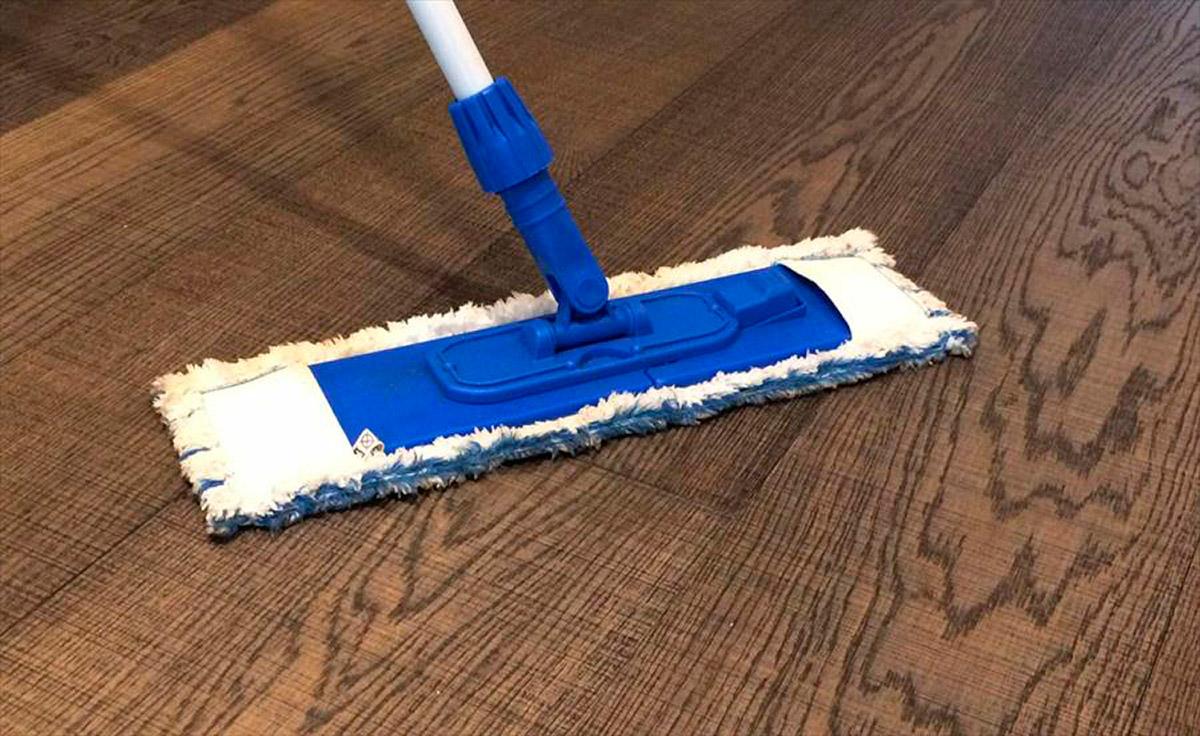Why choosing an oiled floor?


For the realization of wooden floors, Lignum Venetia has always used precious natural oils based on vegetable and mineral substances, free from formaldehyde and other substances considered toxic for both man and the environment.
Thanks to the quality of the oils used that protect the surface making it resistant to perspiration and saliva, Lignum Venetia wood floors have obtained compliance with DIN EN 71.3 standards, thus offering a product that is suitable for younger children and all environments designed for them.
The finishing of these wooden floors is made using only special mixtures of vegetable and mineral substances (sunflower oil, soybeans, linseed and beeswax) that protect and nourish the wood in depth for a long time, preserving its characteristics aesthetics obtaining a warm and luminous appearance. The pores, unlike the paint, remain open thus allowing the wood to breathe; never forget that wood is a living material that continues to live even after laying it on the ground.

The quality and quantity of oil used for finishing the wood at the factory in Cecchini di Pasiano make the surface of Lignum Venetia floors highly water repellent and stain-resistant. Tests carried out by Catas, (an intentional laboratory for analysis and research), show that substances such as coffee, wine, milk, vinegar and tea leave no trace if removed within 24 hours. Over time, the oil in the field of parquet finishes has made great steps ahead, denying the common idea that describes oiled parquet as a very delicate and difficult to maintain product.
Compared with painted parquet, the oiled floor allows you to intervene directly on small scratches or abrasions, restoring the original finish without having to smooth the entire surface.

Lignum Venetia parquet can be easily cleaned using water, neutral soap and a well-wrung damp cloth. To add a note of perfume to the rooms or to remove stubborn dirt, we recommend a small amount of non-aggressive mild soap to be diluted in half a bucket of water. Washings with excessive water should be avoided due to the risk of stagnation and the use of non-delicate soaps or of chemical products that could attack the surface finish.




